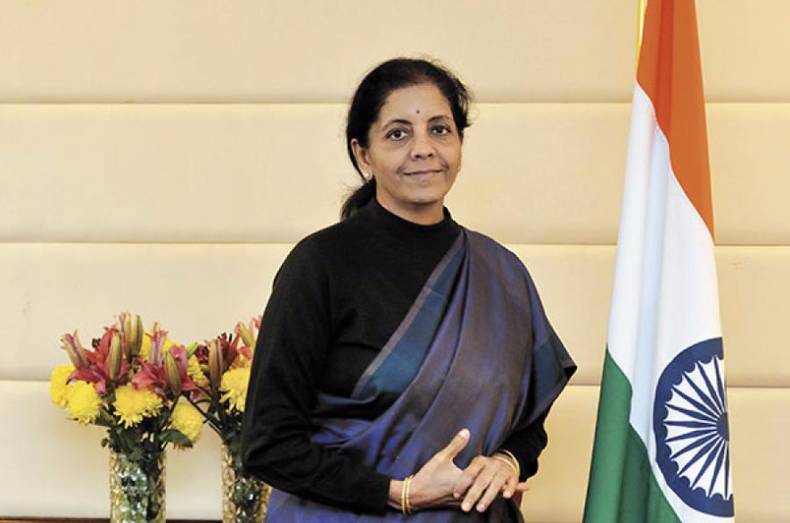Since being appointed defence minister in September last year, Nirmala Sitharaman has already been to a few countries of military importance including Russia, China and France. Currently on her maiden visit to the US, Sitharaman hopes to strengthen military ties between the two countries. This is, however, not the first time Sitharaman is meeting her US counterpart, James Mattis.
Improving defence, security and global strategic ties was on the agenda when she met with Mattis and US Secretary of State Michael Pompeo in New Delhi for the 2+2 dialogue along with External Affairs Minister Sushma Swaraj in September. They talked about ensuring freedom of the seas and skies and upholding peaceful resolution of maritime disputes.
Sitharaman is expected to visit the Defense Innovation Unit of the US Department of Defense at California and the Indo-Pacific Command headquarters in Hawaii during her official trip, which ends December 7.
India’s purchase of Russian missile systems was one of the topics discussed during the 2+2 dialogue. This time, both Sitharaman and Mattis are expected to discuss not only Russia but also the Iran sanctions. Both countries are expected to try to resolve the differences over India’s ties with Iran. With the US imposing sweeping sanctions on Russia through CAATSA (Countering America’s Adversaries Through Sanctions Act), the planned purchase of the S-400 missile system implies the possibility of secondary sanctions on India.
The defence minister is already negotiating for a waiver on the recent deals with Russia including two Grigorovich-class ‘Project 1135.6’ frigates for the Indian Navy and the S-400 missile system from Russia. An important topic of confluence of interest is relations with China.
The Sitharaman-Mattis meeting will be unlike any other as it will see the progress of the much-talked-about COMCASA (The Communications Compatibility and Security Agreement), which would open the doors to sell sensitive defence equipment to India, which has previously been sold only to the closest US allies. COMCASA has been opposed by India as it has been viewed as intrusive, but recently, the Modi cabinet cast off the opposition.
Another major topic that is likely to come on the table is the Basic Exchange and Cooperation Agreement or BECA. The BECA will enable the countries to exchange advanced satellite data for navigation and missile targeting. Acquisition of new weapons including Guardian drones will certainly be another important topic discussed by Sitharaman and Mattis.
Not only does the US have interest in the Indian defence market, but it also hopes to further joint military exercises including forces on land, air and sea—Indian and US Air Forces are currently engaged in an exercise at the Kalaikunda air base in West Bengal. Taking defence cooperation to a higher level like this could finally mean that we would be better equipped to tackle threats from immediate neighbours.
India and the US are also expected to focus on stability in Afghanistan. Last month, the Taliban released an open letter, expressing a desire for peace talks and calling on the “American people” and “peace-loving congressmen” to pressurise the Donald Trump administration into negotiations. To this, President Trump has turned to Pakistan for help in negotiating with the Taliban and unofficial discussions have been under way. Considering the Taliban has gotten support from Pakistan in the past, the outcome of the discussions could be of interest to both nations.
Source: TW
Image Courtesy: Sheroes
You may also like
-
IAF Aircraft Set Course For Exercise Eastern Bridge VII At Oman
-
India-us Working Together In Areas Like Critical Minerals, Supply Chains And Advanced Technologies: Shri Piyush Goyal
-
Defence Secretary to co-chair 5th India-Philippines Joint Defence Cooperation Committee meeting in Manila
-
2nd India-Japan Finance Dialogue held in Tokyo on 6th September, 2024
-
Prime Minister, Shri Narendra Modi welcomes Crown Prince of Abu Dhabi
